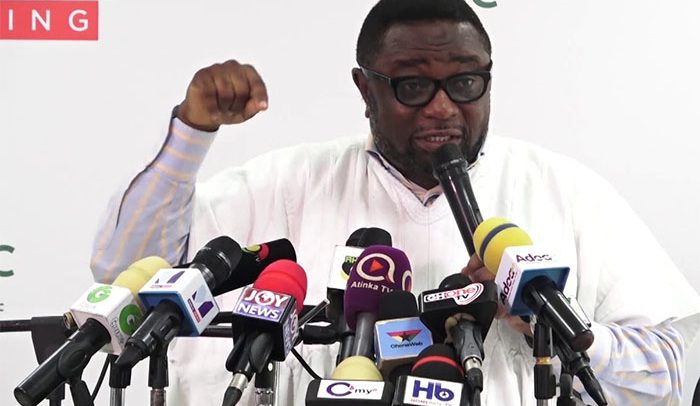Afriyie Ankrah
All of a sudden prophecies have become commonplace.
Revelations to some chosen persons by God among his creatures have existed from the days of the prophets.
Such chosen personalities, the receptacles of the revelations, were men who devoted their lives to the sincere spreading of the word of God.
Prophet Abraham had a revelation about the destruction of Sodom and Gomorrah as did Prophet Noah, as contained in the Holy Quran and the Christian Holy Scriptures.
Prophet Noah had a prophecy about a great flood and the need to build an ark to contain species of creatures.
Unfortunately, prophecies now in the realm of politics have taken a worrying turn. Charlatans have jumped into the fray of foretelling the future and engaging the highest bidder to make money.
Prophecies are spiritual stuff and should not be treated as though they were lotto numbers to be released by tabletop forecasters at Tema Station in Accra.
The activities of these money-seeking so-called men of God is nowhere near the credible prophecies the scriptures speak of.
Both the Abrahamic faiths of Christianity and Islam recognise prophecies, but commercialising it as it is becoming today is a different ballgame.
The admonition of Cardinal Peter Turkson speaks volumes about the subject, intervention which could not have come at a better time.
Of what use is a prophecy when the person laying claim to it does not do anything to stop the calamity it is foretelling?
Cardinal Turkson’s admonition deals with the subject rightly when in his reaction he said that “if a prophecy reveals the possibility of disaster, our first act should be to intercede with God before announcing it.”
This comes close to what exists in Islam where those who are blessed with dreams with worrying repercussions must pray over these revelations.
After all, as the Cardinal said, Abraham pleaded with God not to destroy Sodom and Gomorrah when he had the prophecy about the looming calamity.
That is what real prophets do. Social media posts and newspaper pages about revelations or even asking people relating to the prophecies cannot be taken serious, we dare state.
What should we expect when sieving prophecies has now being assigned a whole department under the presidency?
It is not surprising that Afriyie Ankrah, the man in charge of receiving prophecies, is claiming that most of what he has received do not make sense.
The “listen to credible prophecies admonition” from the department of prophecies triggers the question about who determines such credibility as observed by the Cardinal.
We wish such criteria could be laid bare for us to see so we can debate it.
Those who determine such credibility themselves appear to lack the veracity to make such determination.
Some of the prophets have made their first rounds of demands already; cars and fuel to enable them to deliver the prophecies for sieving.
To Cardinal Turkson, we wish to tell him that our so-called prophets, and they are many, would prefer putting out their prophecies on the public domain. Interceding before disclosing the contents of the prophecies belongs to a previous generation, not our social media age.
Only the few genuine ones would engage in intercessions and avoid the glare of the media, and they are few.


